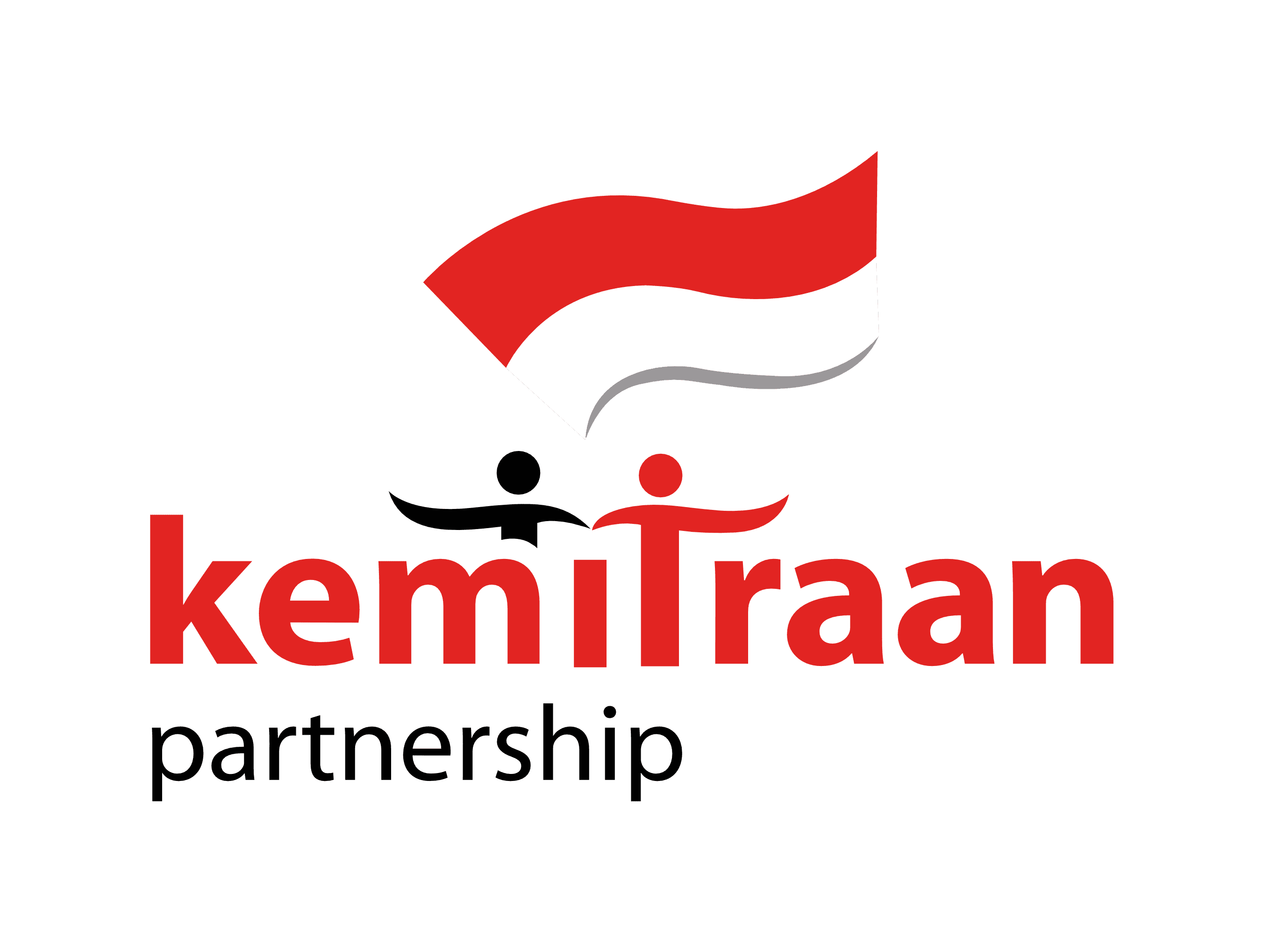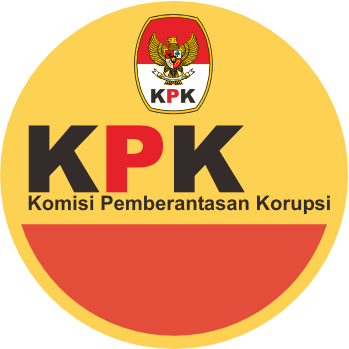
KEMITRAAN is a member of the Civil Society Working Group for Legal Identity (Pokja Identitas Hukum). Pokja Identitas Hukum was formed because it has serious concerns about efforts to strengthen population and civil registration, especially for vulnerable groups, such as indigenous peoples and people with disabilities. In connection with the 2024 General Election which will be held on February 14, the Legal Identity Working Group held a seminar entitled “The Role of Civil Registration Services and Population Data in the 2024 General Election”.
The Legal Identity Working Group consists of 8 civil society organizations and academics, namely the Indonesian Institute of Citizenship (IKI), KEMITRAAN (Partnership for Governance Reform), the Center for Studies and Advocacy for the Protection and Quality of Life of Children at the University of Indonesia (PUSKAPA UI), the Foundation for the Empowerment of Women Heads of Families (PEKKA), the LBH APIK Association, the Indonesian Mixed Marriage Society (PerCa Indonesia), the SUAKA Association, and the Institute for the Study and Development of Human Resources of the Nahdlatul Ulama Executive Board (LAKPESDAM PBNU).
This seminar was held on February 6, 2024 at Ashley Hotel, Gondangdia, Central Jakarta. This event aimed to provide a space for discussion related to learning the use of population data in the 2024 Election process, in connection with strengthening the democratic system and population administration services. The material was presented by Nurul Amalia Salabi from the Association for Elections and Democracy (Perludem), Dr. Handayani Ningrum S.E., M.Si from the Directorate General of Population and Civil Registration (Ditjen Dukcapil), and Eddy Setiawan from the Indonesian Citizenship Institute (IKI).
Perludem explained the optimization of the use of population data in the 2024 election process. As emphasized in Perludem’s monitoring, the main problem lies in the DP4 sector (Data Penduduk Potential Election Voters). Accurate population data is the key to the absence of discrimination of certain groups and there should be no discrimination in regulations. In her presentation, Nurul also stated that there were at least 4 percent of people who were not registered as voters. Among them are transgender because they do not carry or do not have a Family Card (KK), mental disabilities, and indigenous peoples such as those living in forest conservation.
“Based on Dukcapil data, the number of people registered based on NIK amounted to 204,656,053 as of December 2022,” she added.
The next presentation was delivered by Dr. Handayani Ningrum S.E., M.Si from the Director General of Dukcapil. She stated that Dukcapil has been ‘picking up the ball’ to the population regarding data recording and updating. However, there are still problems in the field because people do not report important events, such as marriage, moving address, divorce, etc., especially those experienced by vulnerable populations such as indigenous groups, the extreme poor, ODGJ, prisoners, disabilities, and transgender. To note, there are two dimensions of citizenship, namely legal status and citizenship practices. Civil registration is included in the dimension of legal status as a right of the Indonesian people.
As for this matter, IKI highlighted that it would be more effective if various population events could be recorded with an automatic system identified and reported to the dukcapil. The suggestion of a national system responds to several concerns related to civil registration outside the 6 categories of disability previously mentioned, such as foreign nationals (WNA) who get the right to vote.
The seminar was attended by around 90 participants from CSOs, academics and the media. The discussion was interactive. One participant from the National Commission on Disability stated that not all persons with disabilities are well recorded in the current system. This shows that there is a tremendous gap. A participant from Suara Kita also provided input so that the data owned by the government is updated so that every citizen can participate and have their rights in the elections.
“It is necessary to involve civil society in the Dukcapil system so that it can become a data monitoring mechanism and help Dukcapil’s work,” he explained.
This national seminar provided four important recommendations for civil registration services to be more inclusive so as to be able to provide up-to-date data. Among them are the need for a new law related to population and civil registration which includes strengthening human rights guarantees and providing services in the form of an active system by the government. the need for braille ballots, the need to establish a national disability data bank which will later be given a disability card by involving people with disabilities since the planning process, and the last is the need for an integrated and inclusive reporting system related to recording important population events.
The Legal Identity Working Group hopes that in the future the provision of good data can be realized so that every citizen, especially those who are vulnerable and difficult to access, can obtain their rights as part of Indonesian citizens.






